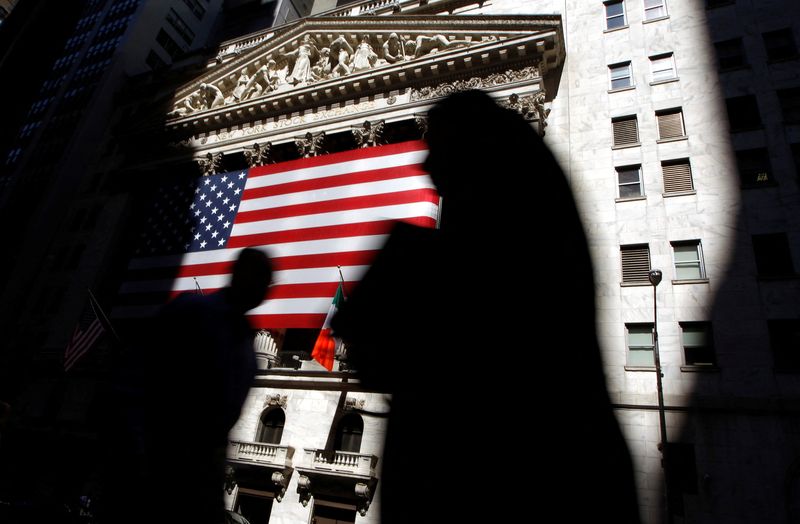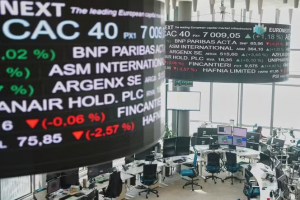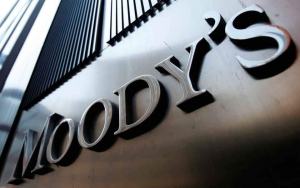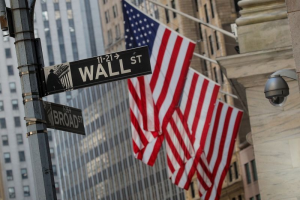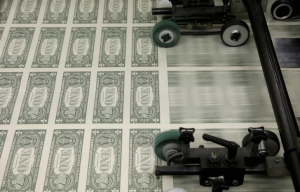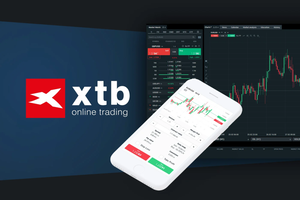Stock markets in the U.S. are due to be closed for the Independence Day holiday on Thursday. Elsewhere, minutes from the Federal Reserve's June policy meeting suggest that the central bank's members believe that while inflation is cooling, data has yet to show that price pressures are on a sustainable downward trajectory. Meanwhile, voters in the U.K. head to the polls in a general election and U.S. President Joe Biden reiterates his intention to continue his bid for a second term in office.
1. U.S. stock markets to close for Independence Day holiday
U.S. stock markets are due to be closed on Thursday for the Independence Day holiday.
On Wednesday, the benchmark S&P 500 and tech-filled Nasdaq Composite both posted record closing highs in a shortened trading session, buoyed by data which suggested an easing in the U.S. labor market -- a trend that could bolster the case for the Federal Reserve to slash interest rates later this year.
But a dip in healthcare and consumer stocks weighed on the Dow Jones Industrial Average. The blue-chip index was lower by 0.06% at the end of trading.
In individual stocks, Tesla (NASDAQ:TSLA) shares advanced by 6.5% after the electric carmaker unveiled a smaller-than-anticipated decline in second-quarter vehicle deliveries.
2. Price pressures easing, Fed minutes show
Inflationary pressures in the U.S. appear to be "diminishing" but Federal Reserve policymakers want to see more evidence that it is sustainably cooling before slashing interest rates, according to minutes from the central bank's latest policy gathering.
At the meeting, the rate-setting Federal Open Market Committee agreed to maintain its crucial policy rate at a more than two-decade high range of 5.25%-5.50%, where it has been for a year.
The FOMC did not believe it was "appropriate" to lower roll out a cut until additional information had emerged to give them greater confidence that inflation was reliably moving down to their stated 2% target, the minutes showed.
But most participants found the current policy stance to be at a restrictive level which they expect will temper inflation and broader economic activity.
3. Polls open in U.K. election
On a day of light economic data, investors will be looking for more political clarity, with the U.K. in particular going to the polls in a general election.
The opposition Labour Party is widely tipped to record a significant win, ending 14 years of the Conservative Party in power.
However, the markets appear to be fairly sanguine over this likely change. The Labour Party is keen to appear fiscally responsible, while the Conservative Party’s reputation for economic management has been tarnished amid years of political turbulence.
Elsewhere, France is due to hold a crucial legislative run-off vote on Sunday.
The far-right National Rally won the popular vote last weekend, and the two most likely scenarios now appear to be a government led by the far-right National Rally or a hung parliament.
4. Biden vows to stay in race
U.S. President Joe Biden has said he intends to continue his campaign for reelection, despite facing skepticism from within his own Democratic Party following a debate that cast doubts over his preparedness.
3rd party Ad. Not an offer or recommendation by Investing.com. See disclosure here or remove ads. In a statement shared by a senior aide on the social media platform X, Biden asserted his position, saying, "I am running. I am the leader of the Democratic Party. No one is pushing me out."
The president's resoluteness comes after Biden appeared to falter during a debate last week against Republican challenger Donald Trump, reportedly sparking growing unease among Democrats on Capitol Hill.
Outside of Washington, worries also seem to swirling around Biden's future. Notably, in an email to The New York Times, Netflix (NASDAQ:NFLX) co-founder and major Democratic donor Reed Hastings urged Biden to drop out of the presidential race.
5. Oil falls
Crude prices fell Thursday, retreating from two-month highs after soft U.S. economic data raised some concerns over long-term demand.
By 03:30 ET, the U.S. crude futures (WTI) traded 0.8% lower at $83.18 per barrel, while the Brent contract dropped 0.7% to $86.69 a barrel.
The selloff followed some weak labor market figures and purchasing managers' index indicators in the U.S., which signaled a possible cooling in the largest economy in the world.
Meanwhile, PMI data from top importer China also underwhelmed on Wednesday, also exacerbating worries around the strength of the economic recovery in the world’s biggest crude importer.
Yet losses were mitigated by official data from the Energy Information Administration which showed that U.S. crude and fuel stockpiles all fell by more than anticipated last week.

